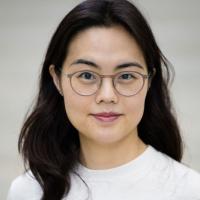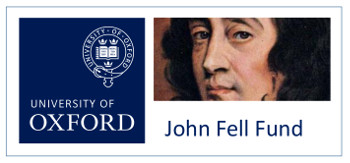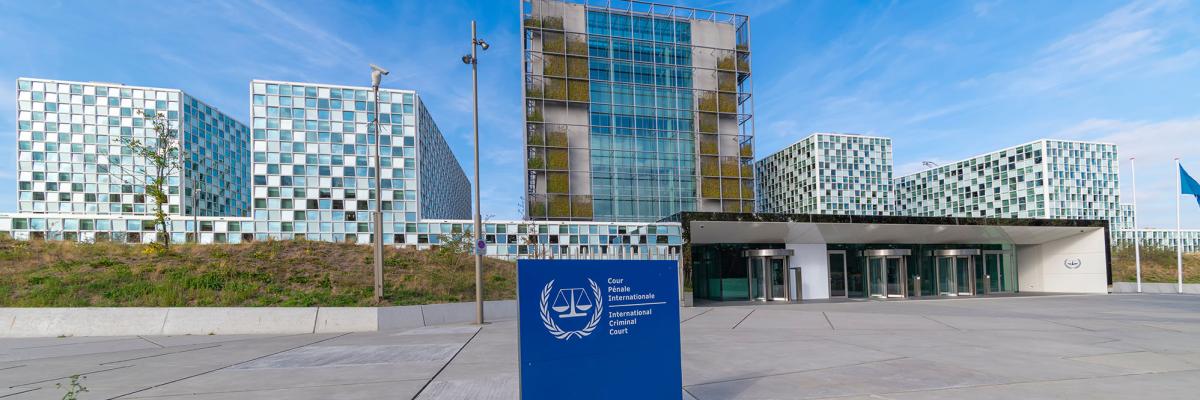International criminal defence counsels - lawyers who represent defendants sometimes accused of mass atrocities – are a ‘community’ of practitioners operating in challenging political situations. Defence counsels work against a backdrop of global injustice, with powerful individuals frequently evading or perverting the course of justice. As a result, they are sometimes seen as superfluous, or overtly political actors. They are often marginalised in International Criminal Courts, receiving less support than the prosecution. And yet, defence lawyers increasingly come from the same educational and professional backgrounds as other international criminal justice practitioners, and are regulated by similar international professional bodies.
This project explores how the institutional, social, and political realities of international criminal justice shapes this ‘community’ of defence counsels – who are simultaneously part of the international criminal justice system and operating at its boundaries. It will ask how defence counsels themselves understand their role and relationships, constraints and strategies for working.
This study examines these questions through interviews, in addition to analysis of media representations of defence counsels in key international criminal trials.





